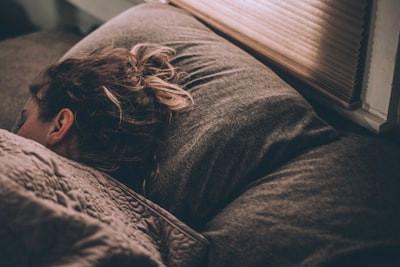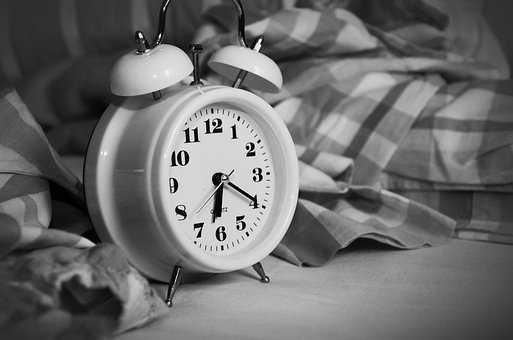Explore the World's Best Ideas
Join today and uncover 100+ curated journeys from 50+ topics. Unlock access to our mobile app with extensive features.
The internal clock
All individuals possess what is called 'an internal clock', which has as main purpose to schedule sleep and wakefulness within one entire day of 24 hours.
Now comes the difference in regards to how the 'clock' works for each person: there are people who wake up earlier and go to bed earlier as well - for them the cycle is shorter and there are also people who, on the other hand wake up later and go to sleep later. It all depends, in fact, on what is known as 'zeitgebers', which translates by external signals necessary in order to synchronize the 'clock'.
54
328 reads
Get enough sleep in unusual times
Whenever we undergo a change in our daily schedule, our sleep tends to suffer a bit.
Simple facts such as not waking up and going to bed at the usual hour, not getting enough natural light or making less to no exercise can lead to sleep disorders.
58
324 reads
Save your sleep
Especially during times of staying only in the house, one needs to make sure that the regular schedule is not too much disturbed, as this can lead, among other issues, to sleep disorders.
A good way to get your normal sleep is by maintaining a regular wake-up and bedtime, even through unusual periods of time. Furthermore, ensuring that your room gets enough natural light, or even better, that you get it, will definitely help. Among other helpful tips there are the fact of giving up on coffee or making as many indoor physical exercises as possible.
55
267 reads
The necessity to get a good sleep
There are times, in our life, when we have sleep difficulties for one reason or another.
In order to 'repair' your sleeping disorder, you might want to try whether waking up 15 minutes earlier every couple of days or, on the contrary, going to bed later by two to three hours. However, remember that the most important is to respect and, if possible, give priority to your body preferences. Of course, provided that your working schedule will not be affected.
57
333 reads
IDEAS CURATED BY
Amelia W.'s ideas are part of this journey:
Learn more about health with this collection
Strategies for building self-confidence
Techniques for embracing your strengths and accomplishments
Tips for seeking support and feedback
Related collections
Similar ideas
Read & Learn
20x Faster
without
deepstash
with
deepstash
with
deepstash
Personalized microlearning
—
100+ Learning Journeys
—
Access to 200,000+ ideas
—
Access to the mobile app
—
Unlimited idea saving
—
—
Unlimited history
—
—
Unlimited listening to ideas
—
—
Downloading & offline access
—
—
Supercharge your mind with one idea per day
Enter your email and spend 1 minute every day to learn something new.
I agree to receive email updates

